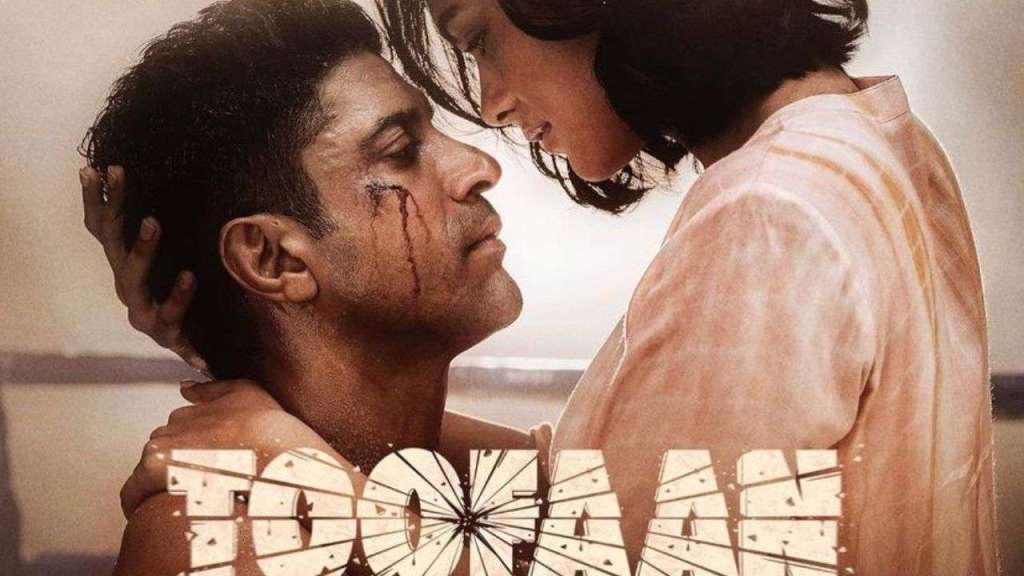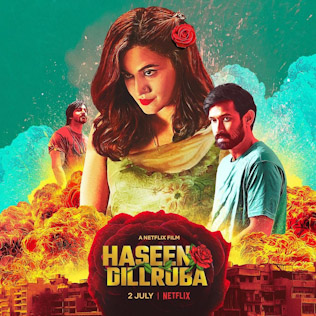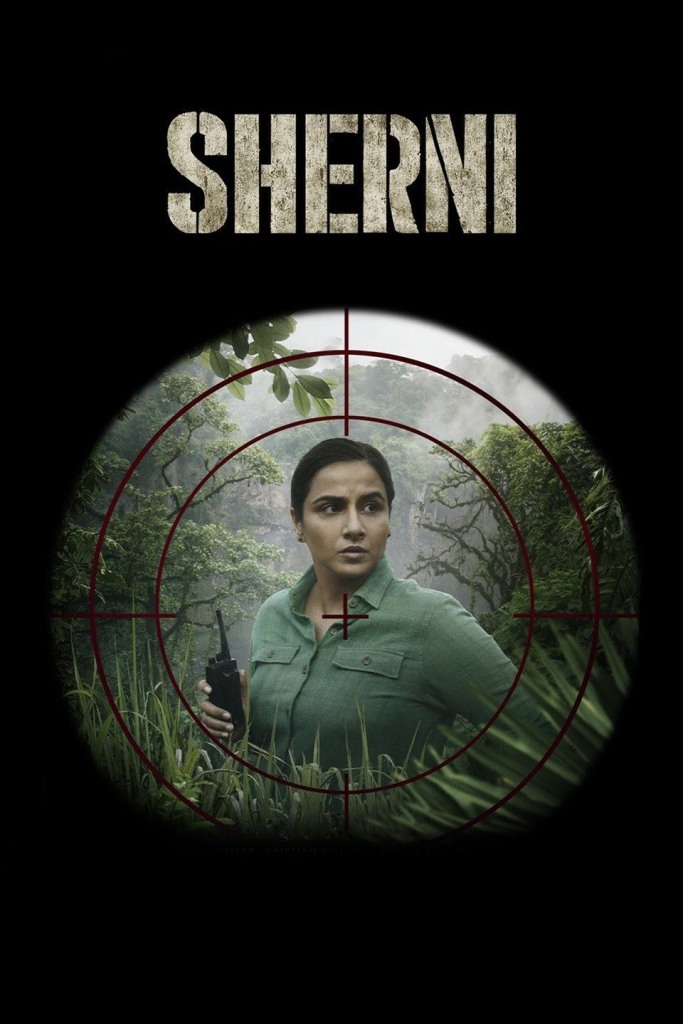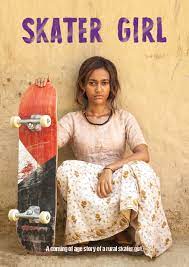Introducing a topic like surrogacy to an Indian audience that is generally obsessed with marriage and childbearing is a risky undertaking. How do you do it without nudging cultural norms, hurting sentiments, dismissing opinions, not mocking ignorance and yet finding a way to tell a story that leads to a digestible ending? The story writer and director of Mimi had their task cut out and it feels like they settled into a heartwarming story despite some obvious WTFs.
The first half of the movie feels like a forced crash course on surrogacy. The why, how and who are introduced – sometimes with cringeworthy dialogues and over the top acting. The biggest WTF, you ask? Why is Mimi (Kriti Sanon) talking in a thick Haryanvi accent throughout the movie when she is from Bikaner, Rajasthan?? It made the kadi and mishri mawa in my blood boil! Still bubblin’…
The second half gets better with Mimi developing a spine and attachment to the baby she is carrying for a foreign couple. Mimi enlisting Bhanupratap Pandey (Pankaj Tripathi) as her “husband” was the most masterstroke move of story writing in this film. Pankaj Tripathi is a natural! He is astonishingly good in both comic and serious scenes. Figuratively he carries as much weight in this movie as Kriti carries literally. Speaking of weight – I am ready to be stoned – but I feel Kriti looked so much prettier in the second half of the movie where she has gained some weight. Her slightly more rounded face made her look gorgeous compared to her otherwise boney structure. Your mileage may vary…
The internet is ablaze with a feminism laden debate about Mimi’s choice to keep the baby and with that signaling an anti-abortion message but people forget that just because Mimi made a choice for her own personal situation it doesn’t mean others may not choose to have an abortion. What may be right for one person’s circumstances may be wrong for another’s. What matters is having a choice in the first place.
While Evelyn Edwards and Aidan Whytock acted well as the foreign ‘parents’ their characters were such a yoyo! I lost count how many times they wanted the baby and then didn’t want it and then wanted it again. Those flip flops were a bit too jarring to handle. Also, using the news of down syndrome as a mechanism to make the parents run away was more than tasteless! Turns out the kid is not born with down syndrome so everyone’s back with heir happy faces. This mockery of a genetic disease and many families’ reality was far worse than Mimi’s choice to abort or keep.
My eyes have forgotten how to cry these days but towards the end of this movie I found myself pulling the sleeve of my T-shirt more than once. Call me a weakling if you want… (7/10)





